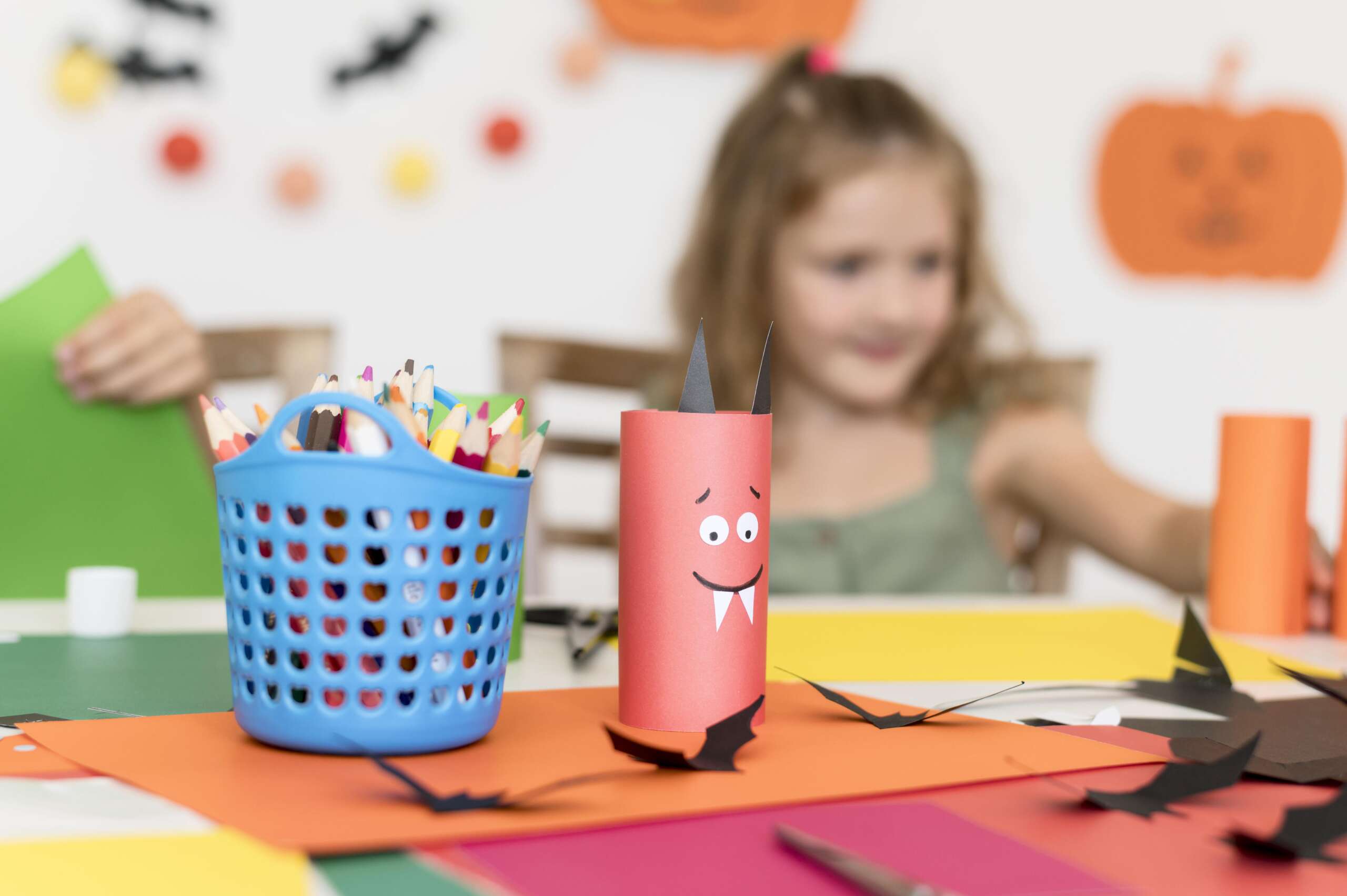As I watch my 2-year-old son, Max, gleefully smearing fingerpaint across a large sheet of paper, I can’t help but smile. It’s messy, yes, but the joy on his face is priceless. Being a parent to a toddler is a whirlwind of energy, curiosity, and constant learning. Finding activities that are both fun and educational can sometimes feel like a challenge, but I’ve discovered that with a little creativity, everyday moments can turn into valuable learning experiences.
Let me share with you some of our favorite activities that have not only kept Max entertained but have also helped nurture his growing mind and skills.
1. Sensory Bins: These have been a game-changer for us. Fill a large container with rice, beans, or sand, and add scoops, funnels, and small toys. Max loves exploring different textures, and it’s great for developing fine motor skills. Just be prepared for a bit of cleanup!
2. DIY Playdough: Making playdough together is almost as fun as playing with it. Max loves helping me mix the ingredients and choose the colors. It’s a fantastic way to introduce basic concepts of cooking and color mixing, plus it’s great for strengthening those little hand muscles.
3. Nature Walks and Scavenger Hunts: We turn our neighborhood strolls into adventures by looking for specific items like pinecones, colorful leaves, or interesting rocks. It’s a wonderful way to teach observation skills and respect for nature. Max’s face lights up every time he spots something on our list.
4. Building Blocks: Whether it’s wooden blocks, Legos, or cardboard boxes, building activities are excellent for developing spatial awareness and problem-solving skills. I love watching Max’s determination as he tries to balance that last block on top of his tower.
5. Finger Painting: Yes, it’s messy, but it’s also magical. Finger painting allows for sensory exploration and creativity. We often talk about the colors we’re using and the shapes we’re making. Pro tip: Set up outside or use an old shower curtain as a drop cloth for easier cleanup.
6. Dance Parties: Turn on some music and let loose! Dancing is great for gross motor skills and rhythm. We often play freeze dance, which helps with listening skills and self-control. Plus, it’s a fantastic way to burn off some of that boundless toddler energy.
7. Sorting Games: Use everyday items like socks, buttons, or fruit to practice sorting by color, size, or type. Max loves helping me sort laundry now, turning a chore into a fun learning activity.
8. Simple Science Experiments: Toddlers are natural scientists, always curious about how things work. We do simple experiments like mixing baking soda and vinegar to make “volcanoes” or floating and sinking tests in the bathtub. Max’s wide-eyed wonder at these “magic” moments is truly heartwarming.
9. Storytelling with Puppets: We create simple puppets from socks or paper bags and act out stories. It’s wonderful for language development and imagination. Sometimes, Max comes up with the wildest storylines!
10. Outdoor Chalk Drawing: On nice days, we head outside with some sidewalk chalk. We practice drawing shapes, letters, and numbers. It’s a great way to work on pre-writing skills without the pressure of using a pencil and paper.

Remember, at this age, play is learning. Don’t worry too much about structured activities or achieving specific outcomes. The most important thing is to engage with your toddler, follow their lead, and have fun together.
There are days when Max is more interested in turning his snack into modern art than participating in a carefully planned activity. And you know what? That’s okay too. Toddlers learn through exploration and repetition, so even simple activities like helping to stir pancake batter or singing nursery rhymes while changing clothes are valuable learning experiences.
As parents, we’re our children’s first and most important teachers. But we’re also learning alongside them, discovering the world anew through their eyes. So, embrace the mess, follow your child’s interests, and don’t forget to laugh along the way. These precious toddler years fly by all too quickly, but the memories and learning foundations we’re building will last a lifetime.


